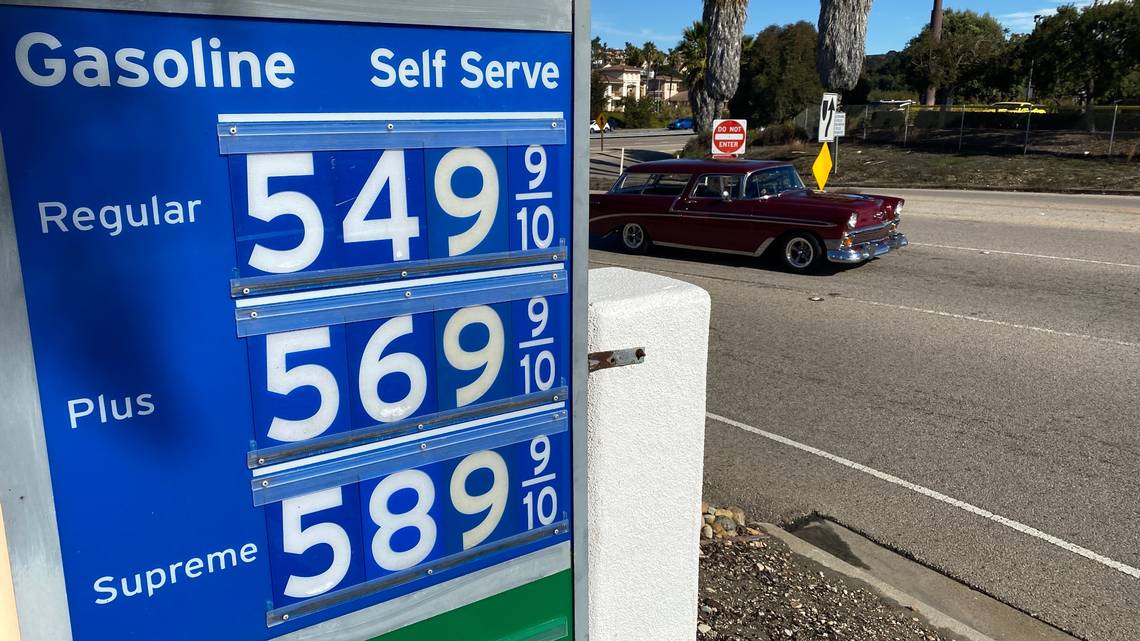
Controversial changes to air pollution rules that could increase gasoline prices in California were placed on hold this week by a state agency that reviews regulations.
The California Air Resources Board in November approved revisions to the state’s Low Carbon Fuel Standard, which it said would increase cleaner fuel and transportation options for residents.
The standard, which first went into effect in 2011, requires that gas used in the state emit reduced levels of greenhouse emissions over time and also provides incentives for the development of lower carbon fuel.
The Office of Administrative Law, which reviews regulations to make sure they are clear and legally valid, sent the air board a disapproval notice on Tuesday.
Dave Clegern, a spokesperson for the board, in a statement called the decision “routine” and said it was “on technical grounds, not on the merits of the regulation.” He said the agency would address the feedback and resubmit the changes for approval.
The air board’s decision to sign off on the amendments in November came after fierce criticism.
A 2023 air board report estimated that changes to the fuel standard could raise prices by an average of 47 cents per gallon this year. Agency staff later tried to downplay that estimate and said it was just part of an early step in a rulemaking process.
It did not provide a new estimate. That inflamed Republican legislators who urged the board to vote down the changes, saying more transparency was needed. Gas prices are closely watched in California, because they are regularly well above prices seen across the country.
Senate Minority Leader Brian Jones, R-San Diego, celebrated the pause.
“The unfair regulation failed to warn Californians accurately about the true impact it would have on gas prices,” he said in a statement.
He has a bill pending that would void the changes.
The revisions were also criticized by environmental groups who said the program was not as environmentally beneficial as it could be.
The Legislative Analyst’s Office, which advises state lawmakers on fiscal and policy matters, said the standard has contributed to higher gas prices, but the air board argues that the program does not directly influence them.


 PREVIOUS ARTICLE
PREVIOUS ARTICLE
